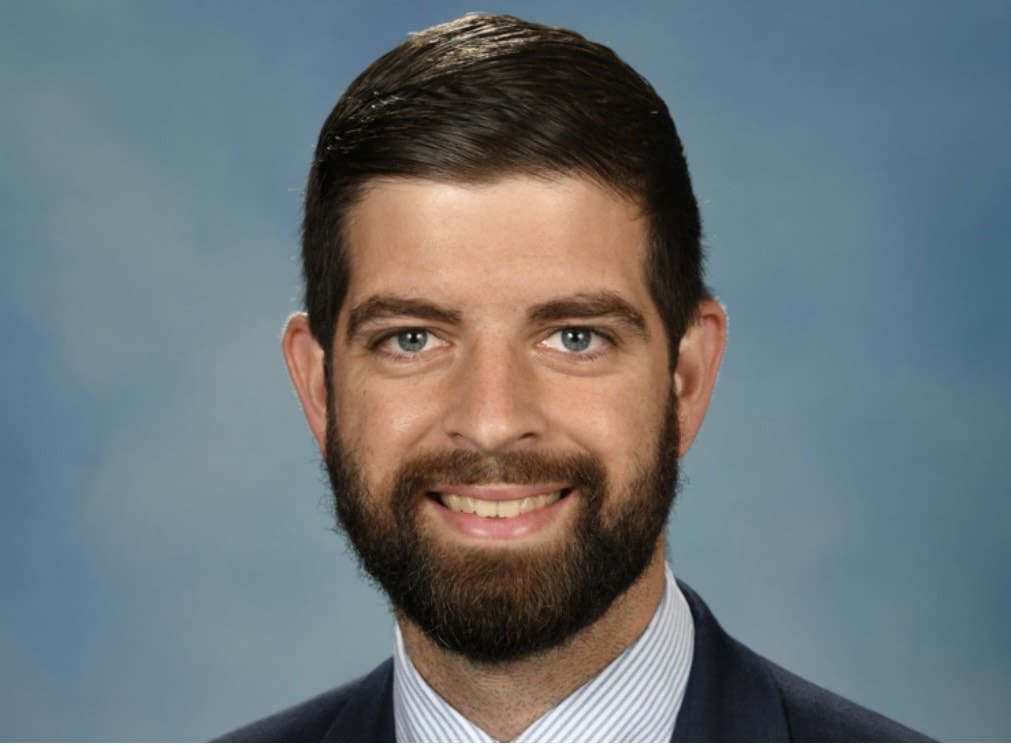My wife and I named our first son Benedict.
There were many reasons for choosing this name for our first child, but the example of St. Benedict and Pope Benedict XVI made it an easy choice for my wife, Joanna, and I. The word has its roots in two Latin words: bene which means “good” and dicte which means “speak.” Both of these men sure did speak the good and give us much to digest in regard to our faith and the way we live our lives.
St. Benedict experienced the corruption and darkness of city life and fled to the desert to devote his life to personal sanctity and to pray for the world. It did not take long for others to see that this type of lifestyle was deeply synthesized to the following of Christ as a disciple, so many came to join him. Benedict’s Rule of Life later became a hallmark of both religious life and Christian living.
Pope Benedict XVI noted that he chose this name for pope because of St. Benedict and Pope Benedict XV. St. Benedict was, in many ways, responsible for the spread of Christianity throughout Europe. “St. Benedict,” the pope noted “is much venerated in Germany, and especially in Bavaria, my own land of origin; he constitutes a fundamental point of reference for the unity of Europe and a powerful call to the irrefutable Christian roots of European culture and civilization.”
What he admired about St. Benedict was what he accomplished as well and it is the invitation posed to each Christian. The pope wrote magnificently on countless topics that are critical to living the faith and being a Christian in the modern world. He constantly spoke about the roots of Christianity an how its beauty ought to rule our lives.
We may not have a worldwide audience, but we all have platforms of influence. People at work and our own families are a perfect place to start. Pray for them and for how to bring God to them. Move from this starting point like St. Benedict did. Then find ways to bring Jesus to the forefront of the conversation in organic ways.
He chose his name because of Pope Benedict XV as well, who led the Church through the very dire time of World War I. After his election he noted that Benedict XV, “was a true and courageous prophet of peace who struggled strenuously and bravely, first to avoid the drama of war and then to limit its terrible consequences.”
“In his footsteps,” the newly elected pope continued “I place my ministry. In the service of reconciliation and harmony between peoples, profoundly convinced that the great good of peace is above all a gift of God, a fragile and precious gift to be invoked, safeguarded and constructed, day after day and with everyone’s contribution.”
The deceased pontiff knew that every single person contributes to peace. That every single person is a gift and that life is fragile. The infinite value of each person and the threat that war and violence rage against humanity drove the pope to make this a central part of his life.
Here, we can view his deep sense of prayer and intimacy with Christ. More than anything else, this is what propelled Benedict XVI’s life and ministry. He knew Jesus as a real living person and that person changed his life. More than anything else, this is what Joanna and I hope for our children. This is the reason for everything. This is what the name Benedict means for us: profound knowledge of a person who is alive today. To have deep faith and trust that Christ is closer to us than we think. Not just as a figment of our imagination, but as the real thing.
The last words recorded to be spoken by Benedict XVI were, “I love you, Jesus.” He experienced this love his whole entire life. His decades of priesthood, his countless books, and all of his homilies and speeches were reflections of his experience of God’s love in the person of Jesus Christ. At the end of his life, with death imminent, the pope did not despair – he was sure of Christ’s love because he actually had a friendship with him.
These words can truly be seen as his response back to the Lord’s chorus to Benedict and each one of us – “I love you,” he says. As we embark on an existence without the presence of Benedict XVI on earth, let us be assured of his prayers and inspired by his faith. May we be invigorated to pray intensely and constantly so that we can also know Christ as a real person. Then his name will live on in more than one way.
There is so much in a name. Benedict literally means “to speak the good.” May we speak it as well.
Image credit: Deposit Photos.




